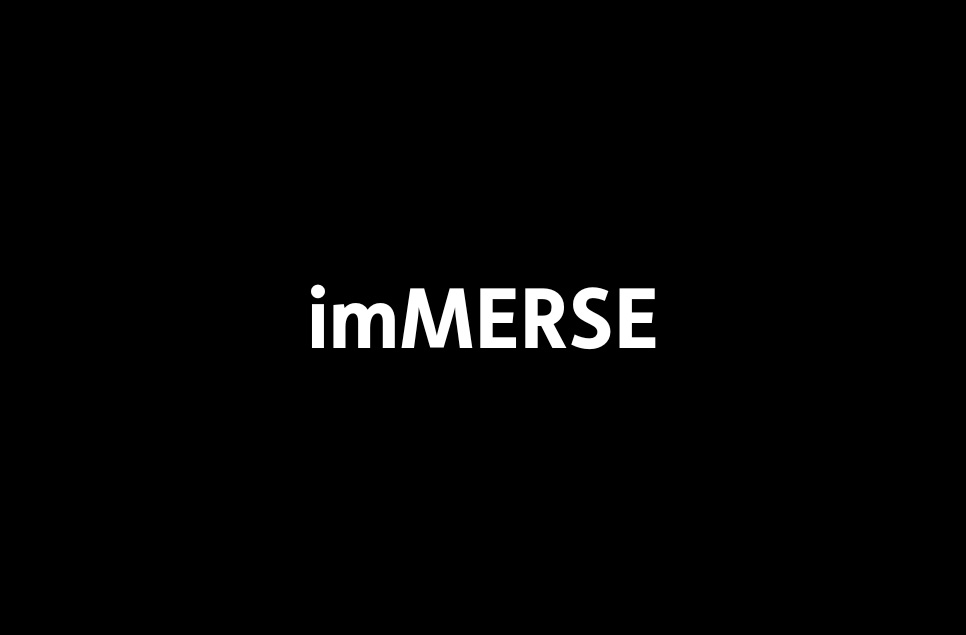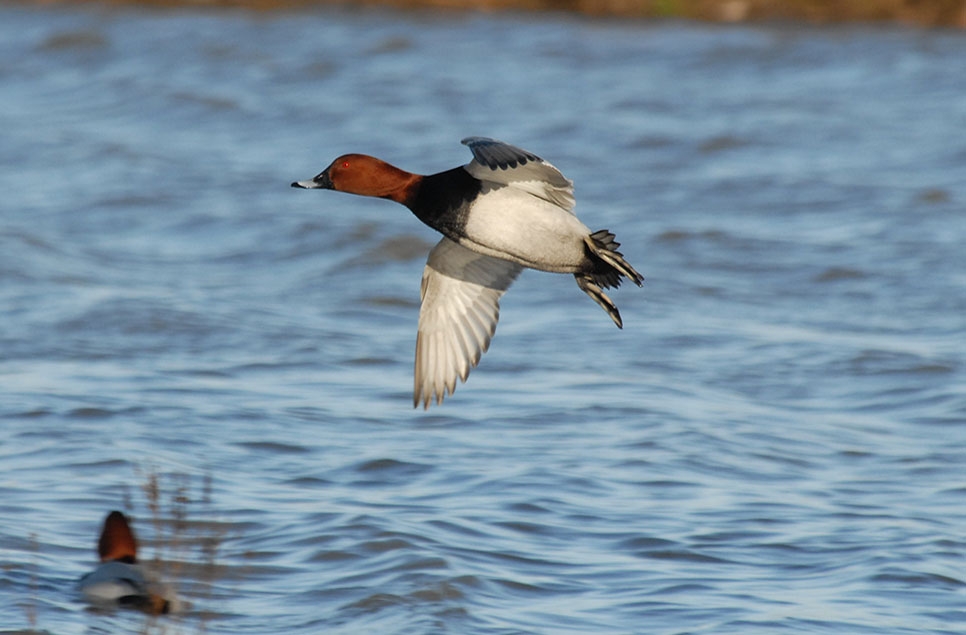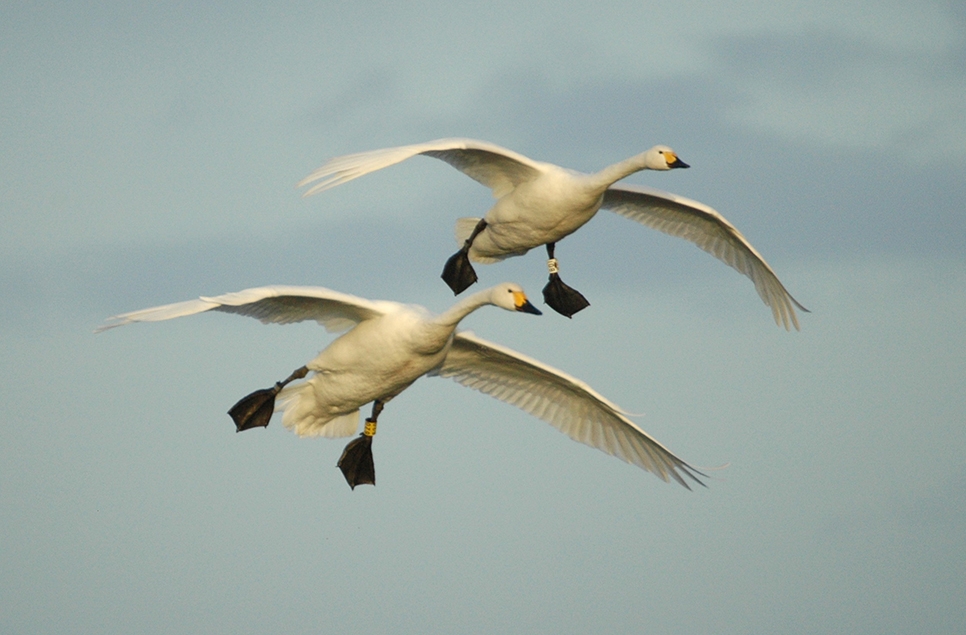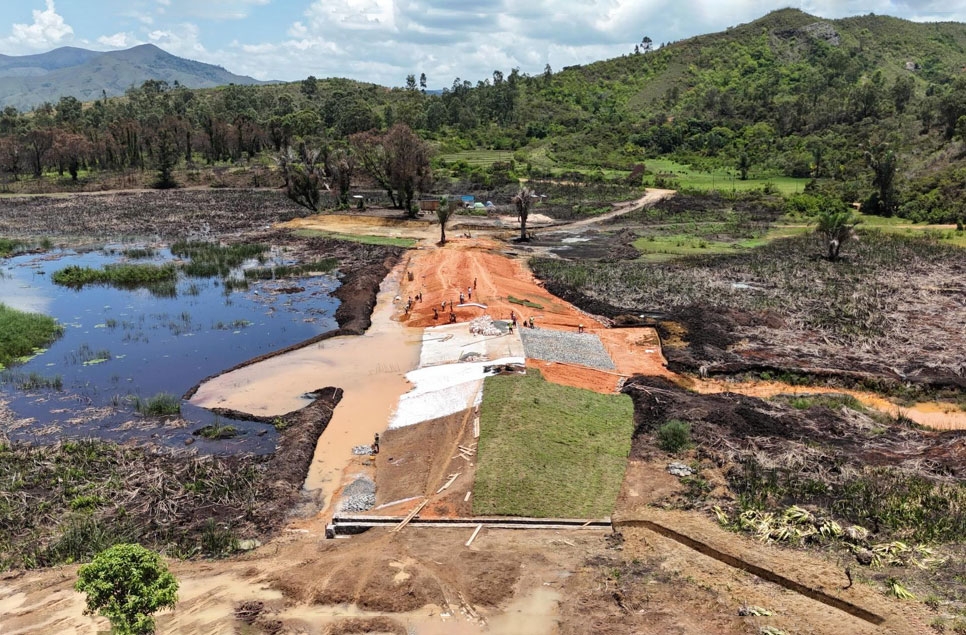Why we’re calling for a ban on lead shot ammunition in the UK: An open letter
The RSPB and WWT are advocating new legislation to end the use of lead shotgun ammunition for shooting game animals in the UK. The availability of effective and comparably priced non-lead ammunition for shotgun shooters means there should be no real prac
In February 2020, UK shooting organisations called for a complete voluntary phasing out of the use of lead shotgun ammunition for game shooting over five years. Two years in, a recent study has found no decrease at all in its use. Over 6000 tonnes of lead shot are still released into the UK countryside each year, posing a significant risk to the health of people, gamebirds, wildlife and livestock and leading to lasting contamination of our wild places.
What do we hope to achieve?
The RSPB and WWT are advocating new legislation to end the use of lead shotgun ammunition for shooting game animals in the UK. The availability of effective and comparably priced non-lead ammunition for shotgun shooters means there should be no real practical obstacles to transition. We recognise the considerable efforts that shooting organisations have made to encourage progress towards the phasing-out of lead shotgun ammunition, but these have not been enough. We are now calling on these organisations to join conservationists in pressing the government for a ban within the timescale they proposed.
Lead: the story so far
Lead is a non-threshold poison. Simply put, there is no safe level, for people or wildlife. It gets into the ecosystem and moves up the food chain, eventually affecting predators and humans. This poison is already banned from most consumer products including petrol and paint, so it makes absolute sense that the ban should now be extended to ammunition.
Lead shot has been totally banned in Denmark and the Netherlands, and as of 2021 it was banned in all EU wetlands. In the UK, it is only partially banned in certain wetlands and for certain species. In England and Wales, its use is prohibited in certain wetlands and for shooting wildfowl, coot and moorhen, while in Scotland and Northern Ireland, it is banned in wetlands (where a more restrictive definition of wetlands is applied than that used for the EU ban). Poor compliance has been found for both the voluntary and the partial regulatory bans in the UK and lead shot can still be legally used in terrestrial areas where it continues to risk the health of birds foraging in these habitats. However, published evidence - based on identification of shot metals in pheasant and duck, lead concentration in gamebird and duck meat and lead concentrations in raptor livers - has indicated good compliance with the full regulatory ban in Denmark.
The UK Government has requested a UK REACH (Registration, Evaluation, Authorisation and Restriction of Chemicals) process to consider such a ban and will soon reach a critical stage.
To that end, WWT and the RSPB have written an open letter to shooting organisations to call for a statutory ban from the UK government.
Read the full open letter


